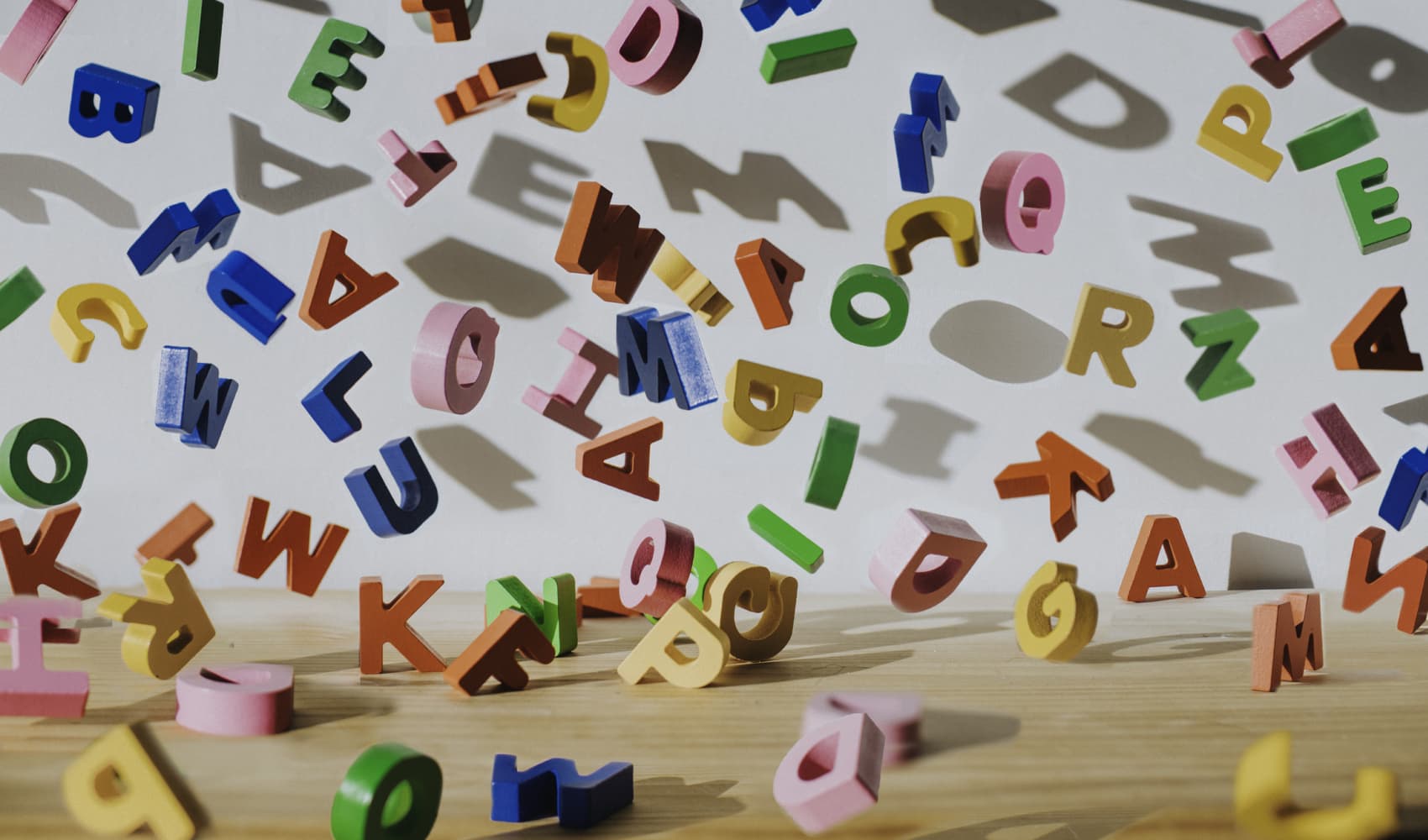
Detail of dictionary entries for spelling, speller, spelt and spell
The Scripps National Spelling Bee will kick off on May 28 as 245 spellers descend on National Harbor, Maryland, for four days of competition.
Ahead of the event, a word selection panel gathers to debate the words picked for the bee. According to the group of panelists, the goal is to assemble a word list that will challenge but not embarrass the dozens of middle- and elementary-school-aged competitors — and preferably produce a sole champion within the two-hour broadcast window for the finals.
As for spellers, they spend years mastering roots and language patterns and exploring the farthest reaches of Merriam-Webster's Unabridged dictionary to compete on the national stage. Each year, the words chosen for the bee are increasingly harder and abstruse as the panel seeks to avoid the eight-way tie of 2019. This progression of difficulty is notable in the winning words over the years.
Below are five of the Scripps' winning words from recent competitions. See how you would fare trying to spell these words that made the world's best spellers champions.
Here's everything you need to know about this year's Spelling Bee:
Why is it called the Spelling Bee?
While the origin of the word "bee" is still disputed, according to Merriam-Webster — which has been involved with the competition since 1957 — the word bee is an alteration of a word that meant "voluntary help given by neighbors toward the accomplishment of a particular task," and comes from the Middle English word bene.
The word has historically been used to describe group activities or occasions when farmers or neighbors would help each other, such as a "logging bee," "husking bee" or "apple bee."
Before it became commonly called "spelling bees," it went by Trials in Spelling, Spelling School, Spelling Match, Spelling-Fight and Spelling Combat, according to Webster's.
The National Spelling Bee first started in 1925 when nine newspapers joined together to host a spelling bee. That year, only nine were in the championship, having the honor of meeting President Calvin Coolidge before going head-to-head. In 1941, the Scripps Howard News Service took over the event and has run it since with the help of local sponsors, the majority of which are daily and weekly newspapers.
How do you enter the Spelling Bee competition?
Students attending schools enrolled in the Scripps program are eligible to participate. Spellers usually compete on the classroom level to determine who will participate in the school bee. School bee winners often determine who will advance to a district or county competition which then feeds into a regional or state bee for a chance to go to the National Spelling Bee competition.
The 2018 and 2019 bees had a wild-card program designed as an alternative pathway to the bee for spellers in tough regions. But in 2019, more than half of the 562 spellers in the bee were wild cards, many of them younger kids who weren't competitive at the national level. Scripps had planned to scale back the program in 2020, however, it was scrapped altogether ahead of the 2021 competition.
This year's bee will have 245 spellers, all of whom qualified on merit.
The preliminary rounds at nationals consist of three rounds of oral competition: two rounds of spelling and one round of multiple choice word meaning (vocabulary). The quarterfinals and semifinals continue rounds of oral spelling and multiple-choice word meaning until officials declare the end of those events. An incorrect answer in any of those rounds is an automatic elimination.
The finals also consist of rounds of oral competition, but officials can activate the lightning round if the bee gets toward the end of its allotted time and can’t get to a single winner in the traditional way, by eliminating spellers for getting a word wrong.
Spellers would have 90 seconds to spell as many words as they can correctly. In the rapid-fire tiebreaker, spellers would get the same words in the lightning round and be isolated from one another.
If all spellers in the final round misspell a word, all contestants in that round remain in the competition and a new round begins with the spellers competing again.
How do contestants prepare for the Scripps Spelling Bee?
Scripps releases an annual list of hundreds of words split into three levels of difficulty: One bee, Two bee and Three bee. Once a speller masters the words of the School Spelling Bee Study List, they can tackle the "Words of the Champions" list to prepare for the regional and national spelling bee competitions.
What is the prize money for the Scripps National Spelling Bee?
In addition to bragging rights and a trophy, the champion of the Scripps competition will win $52,500 in cash prizes, and $400 worth of Encyclopedia Britannica works.
The other finalists will receive:
- Second place: $25,000
- Third place: $15,000
- Fourth place: $10,000
- Fifth place: $5,000
- Sixth place: $2,500
If two or more spellers tie for first place, the cash prize for each will be $50,000. However, if two or more spellers are tied for second through sixth place, the cash prize will be determined by the sum of the prize divided by the number of winners. For example, if three spellers are tied for fourth place, the cash prize for each would be the sum of the prize amounts for fourth, fifth and sixth place divided by three; therefore, each speller tied for fourth place would receive $5,833.33 (($2,500 + $5,000 + $10,000) / 3).
All participants receive one-year subscriptions to Merriam-Webster Unabridged Online and Britannica Online premium and a 2022 U.S. Mint Proof set.
How to watch the 2024 Scripps National Spelling Bee
This year's Spelling Bee will air on the Scripps-owned network ION and stream on ION Plus.
According to the Cincinnati-based Scripps, ION is available free over the air, as well as on most cable, satellite and streaming providers. To find an ION TV channel in your area, click here.
The semifinals will air on Wednesday, May 29, at 8 p.m. ET and the finals will take place on Thursday, May 30, also at 8 p.m. ET. Both competitions will make their primetime debut on ION.
If you want to watch live coverage of every round, tune to the free streaming platform ION Plus to see the preliminaries at 9 a.m. ET on Tuesday, May 28, and the quarterfinals, starting at 8 a.m. on Wednesday, May 29.



